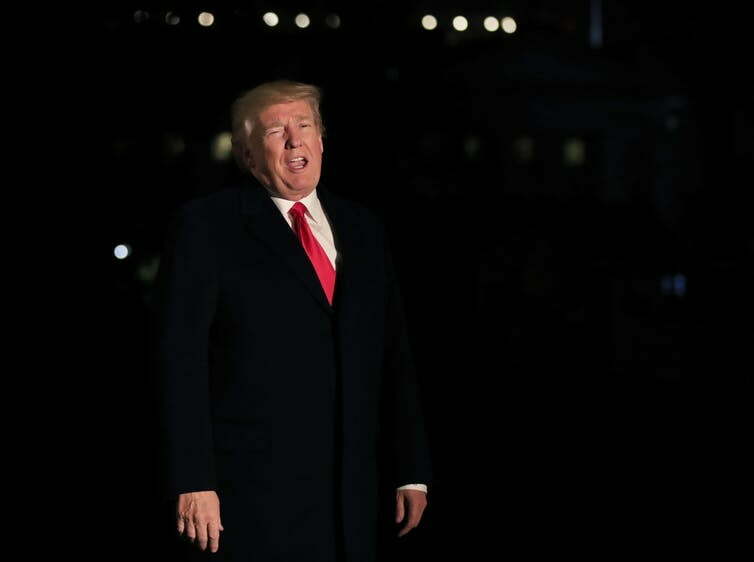2017-05-19 By Robbin Laird
There is a famous story by Sir Arthur Conan Doyle, where Sherlock Holmes solved the mystery in part by the dog not barking.
With President Erdogan busy domestically and in foreign policy, and taking on both domestic and foreign opponents, much of the press anticipation of the visit was a tough time for President Trump.
But this simply did not happen.
In answering why, one can find the keys to how the President is conducting his foreign policy.

Virtually his only foreign policy issue during the campaign was defeating Isis.
It should therefore not be a surprise that he is looking at the Middle East almost completely through this lens.
It is not about human rights violations; it is not about the post Isis political settlement; it is not about Red Lines against the Russians.
It is about shaping as effective a coalition to defeat ISIS as possible.
And in this effort, both Turkey and Russia matter.
But what seemed to not be noticed was that the President met the Russian foreign minister prior to the visit of the Turkish President.
And this meeting and the agreement in approach simply took off the table any effort by Erdogan to play Russia against the US to gain a bargaining advantage.
Even on the issue of “arming” the Syrian Kurds, there was agreement between Moscow and Washington which made the Turkish Presidents’ complaints moot.
And it should be noted that the frequent headlines about “arming the Syrian Kurds” is actually quite inaccurate – the White House is proposing counter IED weapons, not anti-tank weapons, it appears.
The President is laser focused on the anti-Isis issue.
This does leave key issues off of the table for now, but his instinct appears to be that by working the coalition it will be possible to have a shaping capability with regard to any post-ISIS order.
And coming to terms with the ambitions of the Turkish President will be important as the Middle East evolves as well.
As Kenneth Maxwell and I wrote earlier, with Europe and the Middle East both in play, the Turkish president is seeking to reshape his strategic operating area.
“The war of words between the Turkish leader and Europeans is simply the more obvious shift in the President of Turkey’s approach to shape in effect a more Islamic state which can provide for leadership in the Middle East and work with other global powers outside of Europe to enhance his position in the region.
“Turkey has already ramped up its defense industrial relations in the region and has become a source for arms in the region as well.
“And will play off the United States, China and Russia to enhance Turkey’s power in the region.”
Underlying the tactical or perhaps strategic maneuver by the President is the crucial question of the nature of the relationship between Russia and the United States.
All of the flail about Russia, the elections, and Trump misses a fundamental point – a working relationship with Russia is a key part of shaping the post-globalization phase of global development.
Obviously, protecting the integrity of the US political process is a core value.
And threats by foreign powers to this integrity are important.
But much of the political class seems to act on the assumption that working with the Russians is not something that Washington should do.
This is the “politically correct” approach to power which has undercut not only the domestic policy debates but has blinded American leaders to the nature of how rapidly the world is changing.
It is a world in which friends, enemies, competitors and adversaries are blending into one another dependent on the situation and objective.
But working Russia and Turkey at the same time is clearly the right kind of dynamic for any effective US policy in this period of global realignment.


